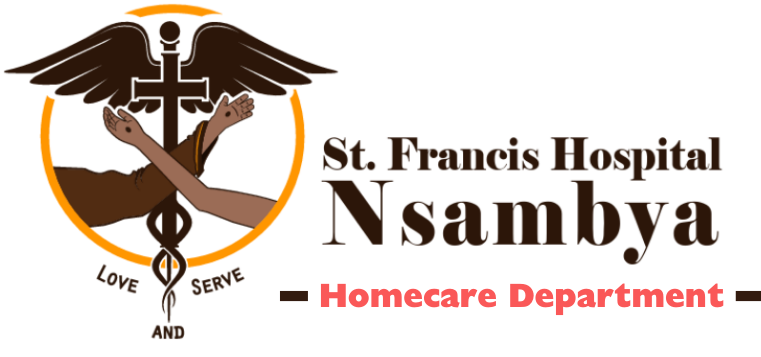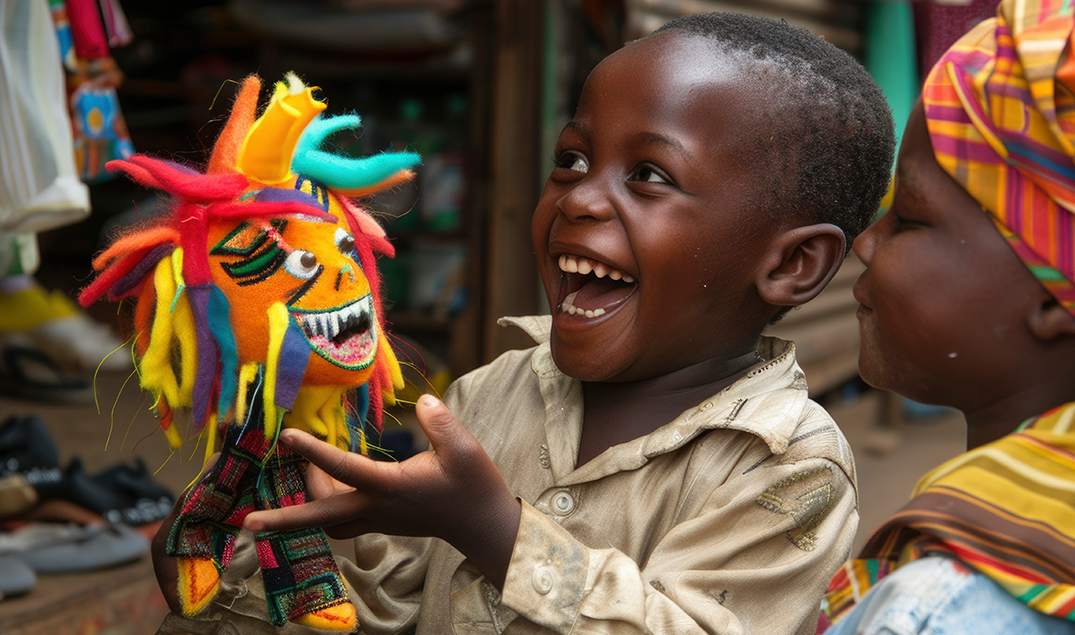

Stigma mastery in people Living with HIV: Gender similarities and theory.
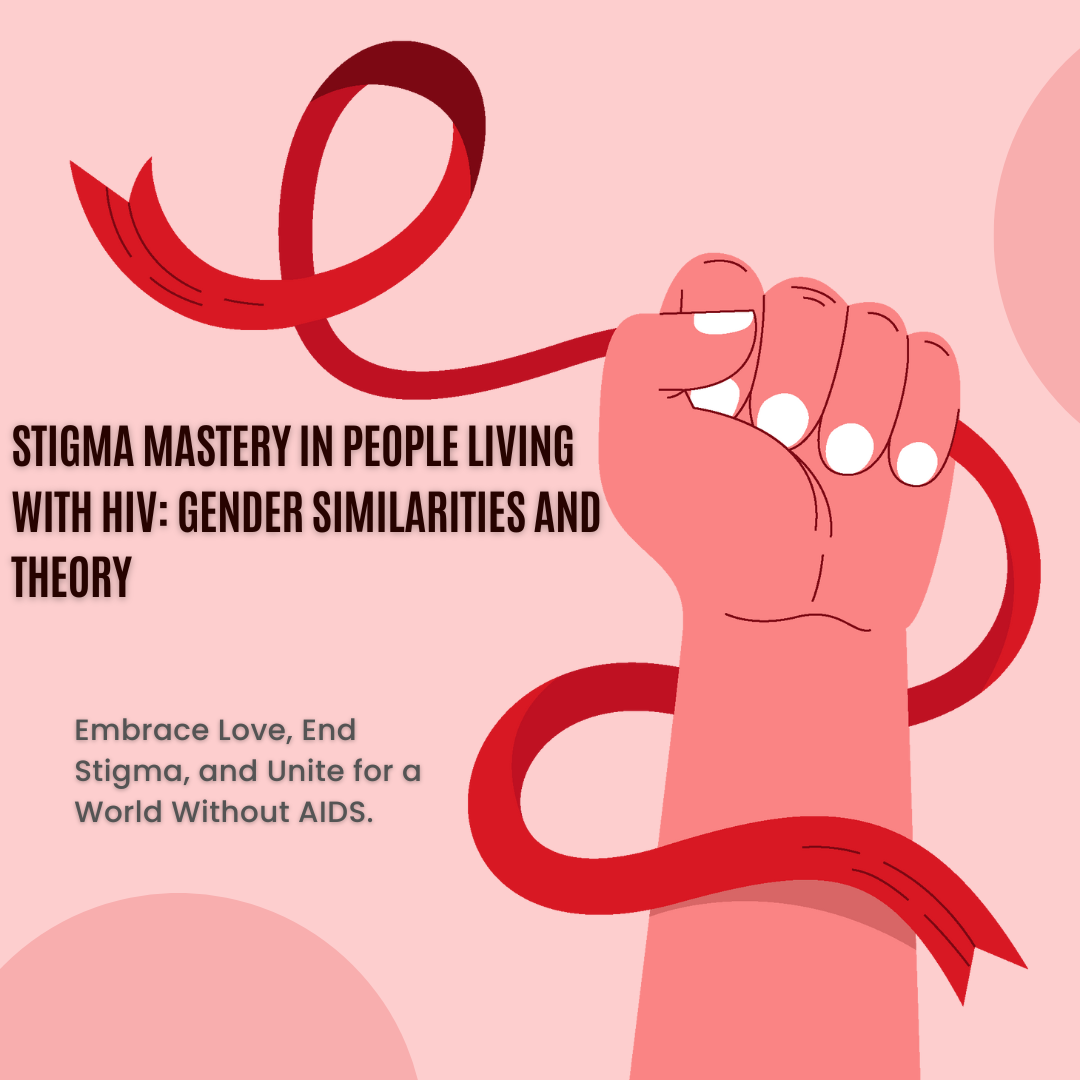
Stigma remains one of the most persistent barriers to health and wellbeing for people living with HIV. In Uganda and many other settings, stigma manifests through social rejection, discrimination, and internalized shame—what researchers call self-stigma. This stigma doesn’t just affect emotional health; it can also discourage individuals from seeking treatment, disclosing their status, or building supportive relationships.
But amid these challenges, a powerful concept is gaining attention: stigma mastery. This refers to an individual’s ability to cope with and rise above the negative attitudes society holds about HIV. It’s about reclaiming identity, asserting dignity, and building resilience.
“Stigma fades when people are empowered to speak, supported to share, and understood beyond gender or age—true strength comes through connection and disclosure.”
Dr Charles Patrick Namisi
Studies have shown that Internalised HIV-related Stigma Mastery (IHSM) varies across gender and age groups among people living with HIV (PLHIV). This study aimed to assess the prevalence of IHSM, identify influencing factors, and develop a theoretical framework to understand it. Using data from 666 PLHIV in Uganda, 45.5% reported experiencing IHSM, with higher rates among men and older women—especially those who disclosed their status and shared experiences. Lower IHSM was linked to feminine identities, social exclusion, and fear of rejection. The findings support an empowerment-based framework and highlight the need for targeted interventions that address stigma differently across age and gender groups.
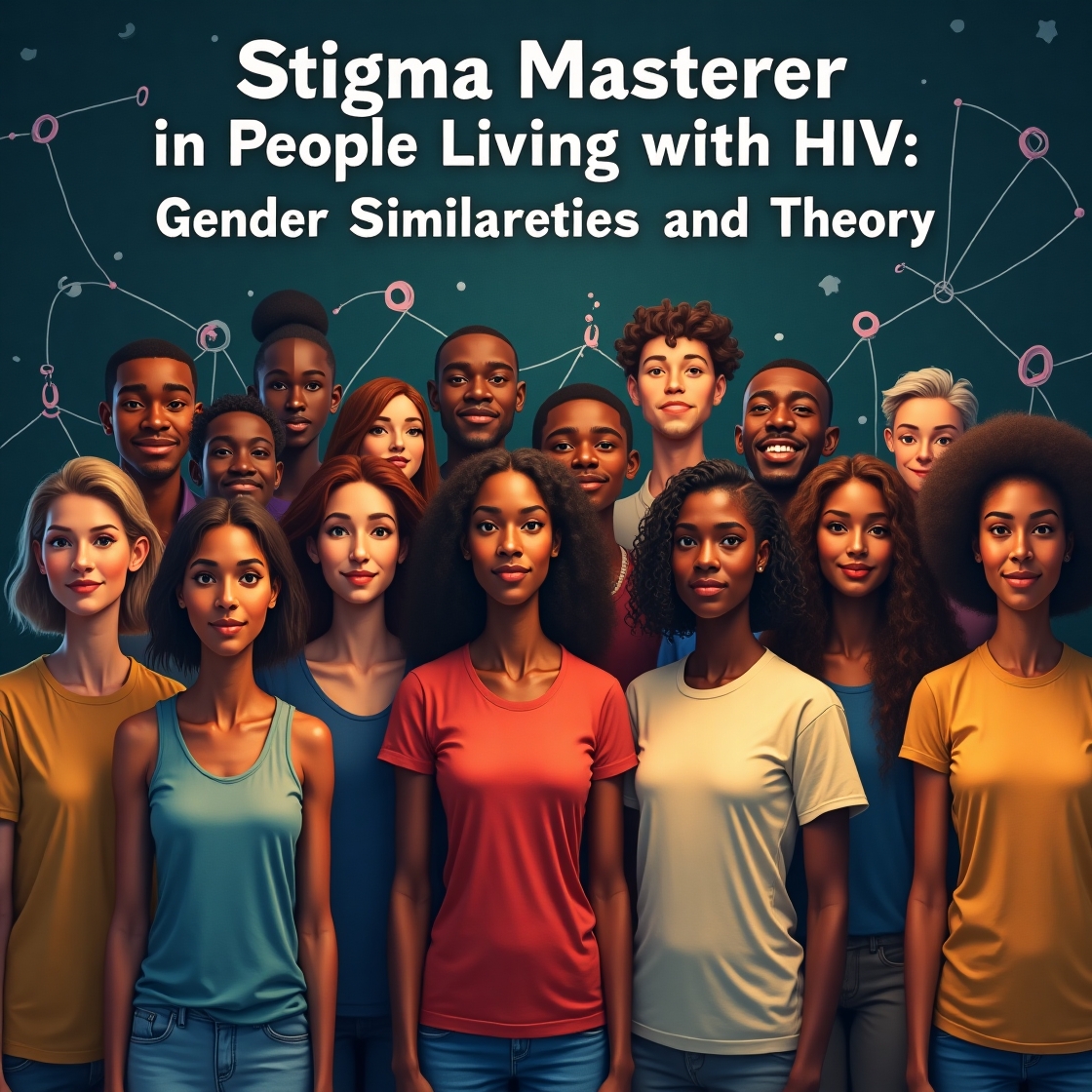
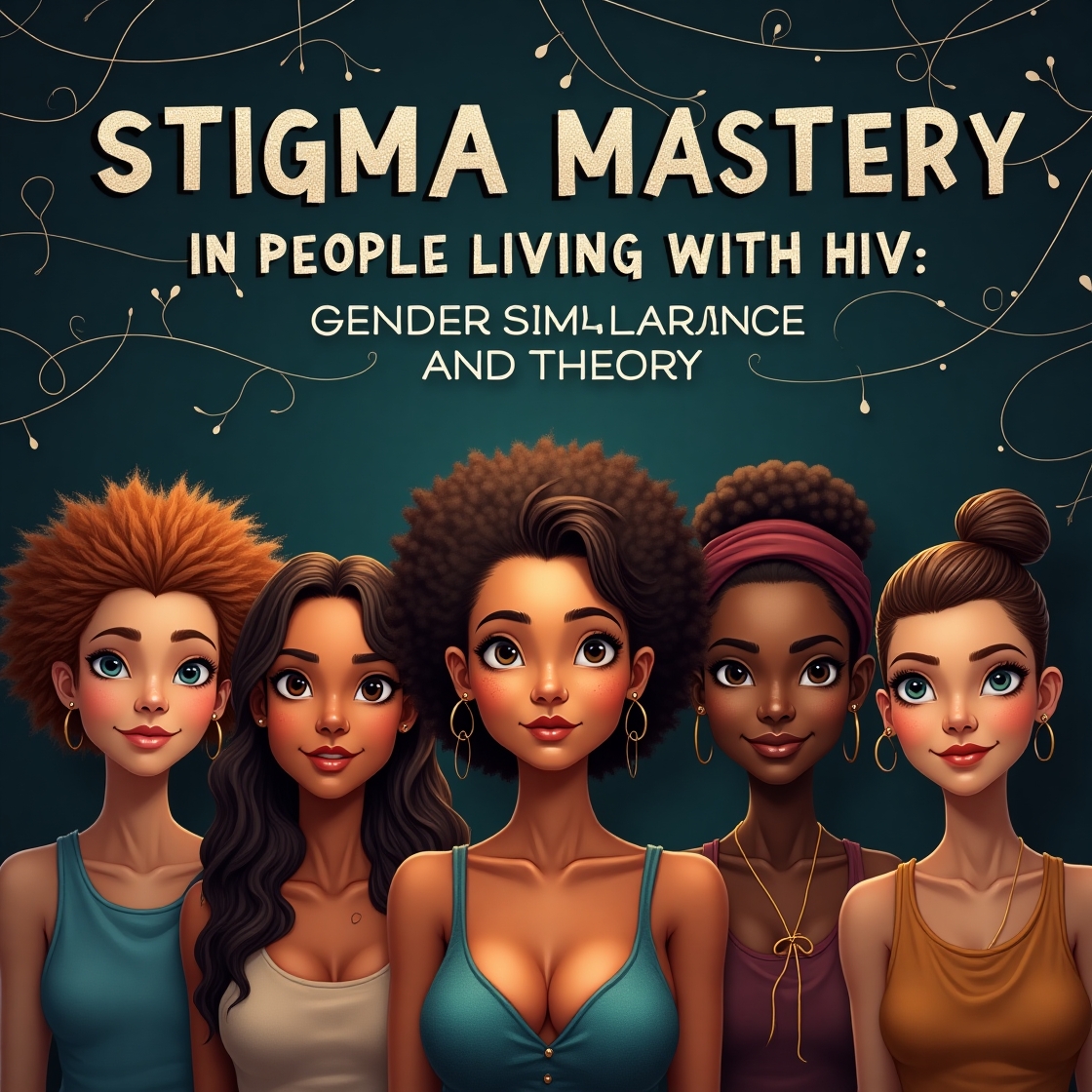
IHSM is influenced by gender, age, self-disclosure, and social support. Empowering individuals—especially young people and those with feminine identities—through targeted, context-sensitive interventions is key to reducing HIV-related stigma and improving overall wellbeing.

Jenny Alexandra
Hi! beautiful people. I`m an authtor of this blog. Read our post - stay with us
Contact Us